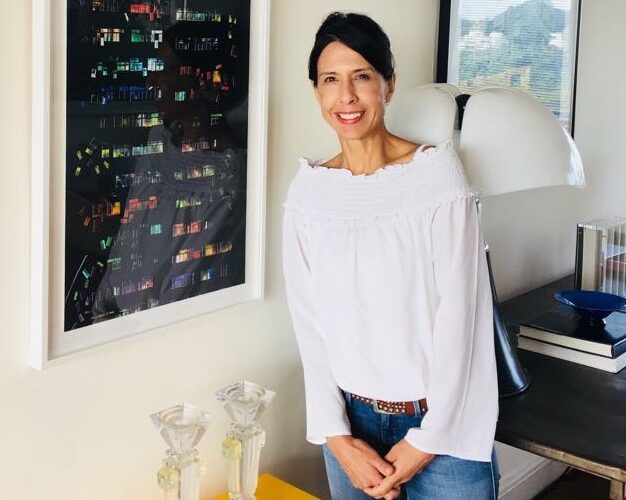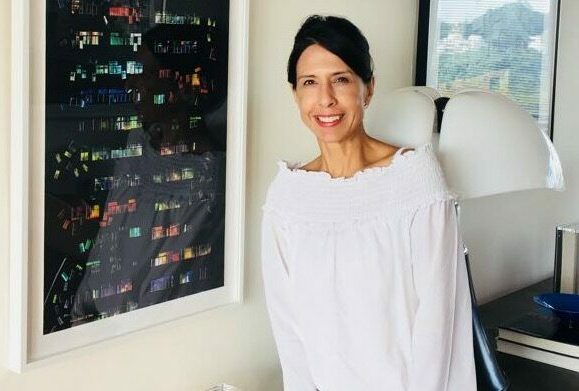Being Patient Editor in Chief Deborah Kan reflects on a recent conversation with a friend — and on her best answers to some tough questions about being a daughters to a mom with Alzheimer's.
I spent some time recently with a friend of mine whose mom is in an earlier stage of Alzheimer’s than my mom. My friend was struggling with the role changes that many of us experience when we make the awkward transition to parenting our parents — and our conversation brought up some questions I think are easier to answer in hindsight. I am sharing a few of them here in case you too, find them helpful.
“What do I need to prepare for now, before my mom needs full time care?”
Don’t underestimate the power of social engagement! In hindsight, I had wished that I had gotten my mom more involved in social activities when she was just diagnosed with Alzheimer’s, despite her wanting to hide post diagnosis. When my dad broke his hip two years ago, we moved my mom temporarily into a wonderful memory care home, where we could see her thriving. She had a lot of social stimulation and my sister and I honestly felt like she was doing better, in terms of both her mood and her ability to communicate. I understand now how important social engagement is to slowing dementia down. It’s also one of the top five most influential factors in dementia prevention, per this recent report.
When is the right time to get extra help around the house?
Find help before the person diagnosed thinks they need it. Help comes in many shapes and forms. A twice-a-week walk with a neighbor or a friend can help establish a routine that includes social engagement. A caregiver a couple of times a week for a few hours can get your loved one used to being assisted with small things, before they turn into bigger problems. The bottom line: It’s not a one-person job. Here’s some food for thought — a step-by-step guide on building your caregiving team.
How do I mourn the loss of my mom even when she is still alive?
I honestly think that this is not something anyone will understand until you go through it. As daughters, we are used to going to our mothers for advice. But with dementia, at some point, this ceases to be the case. Making the transition from daughter to caregiver means you are mourning a part of your parent that isn’t there anymore. Personally, I’ve found that allowing myself to mourn the loss of my mom earlier has made the later stage of dementia a bit easier emotionally.
These are only a few of the questions that came up during a long conversation with my friend, and I hope that they’re helpful to some of you. Please feel free to reach out if you have any questions. Although I am not promising to have all the answers(!), Alzheimer’s has taught me that it takes a village.


